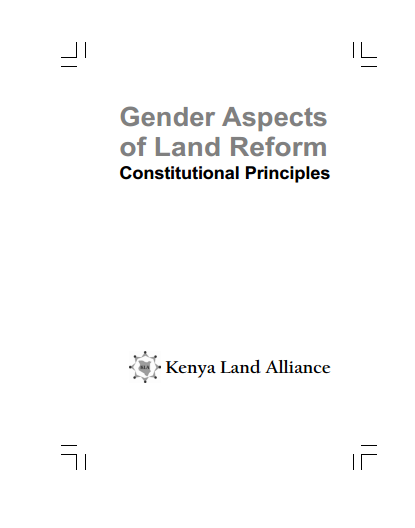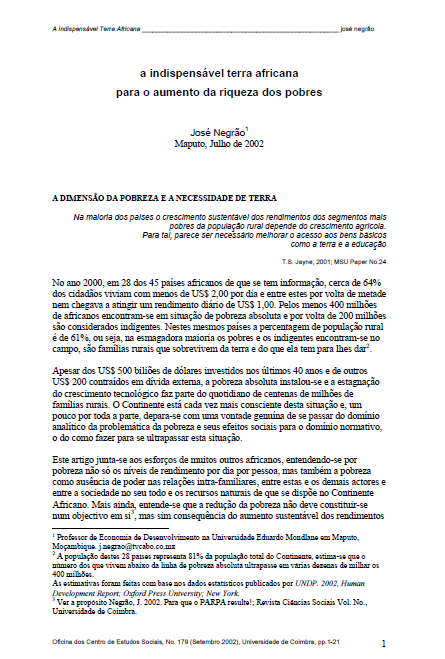Gender Aspects of Land Reform Constitutional Principles
Throughout this pocket size booklet, Land Reform Volume 4, KLA proposes that collectively as a nation, and especially during this time of the constitutional review process. The principles outlined be embraced with the purpose of providing women a deliberate opportunity to engage in decision-making as regards land-use,management and ownership.






